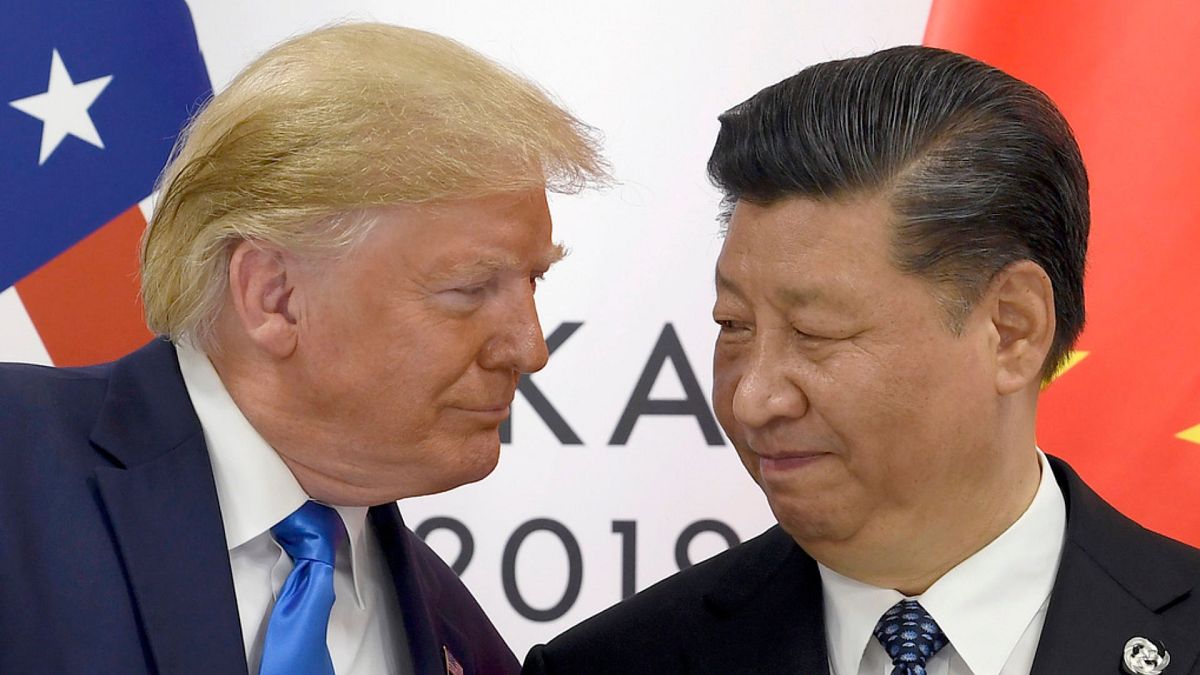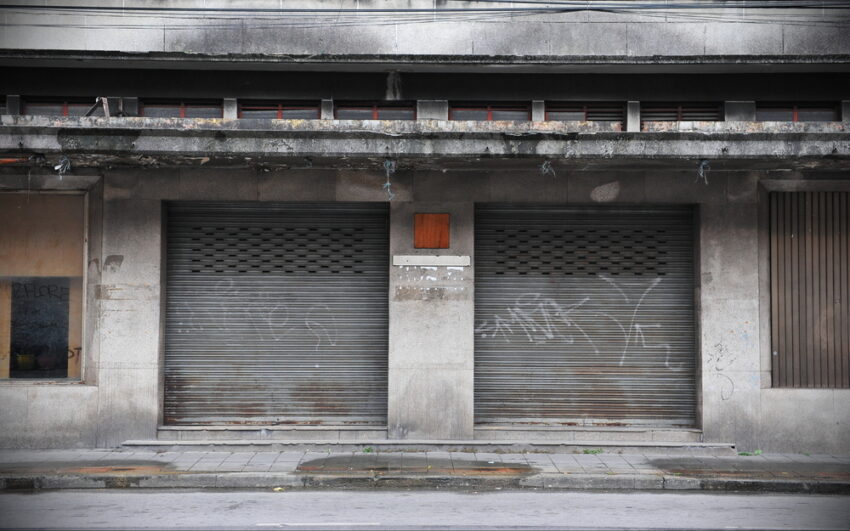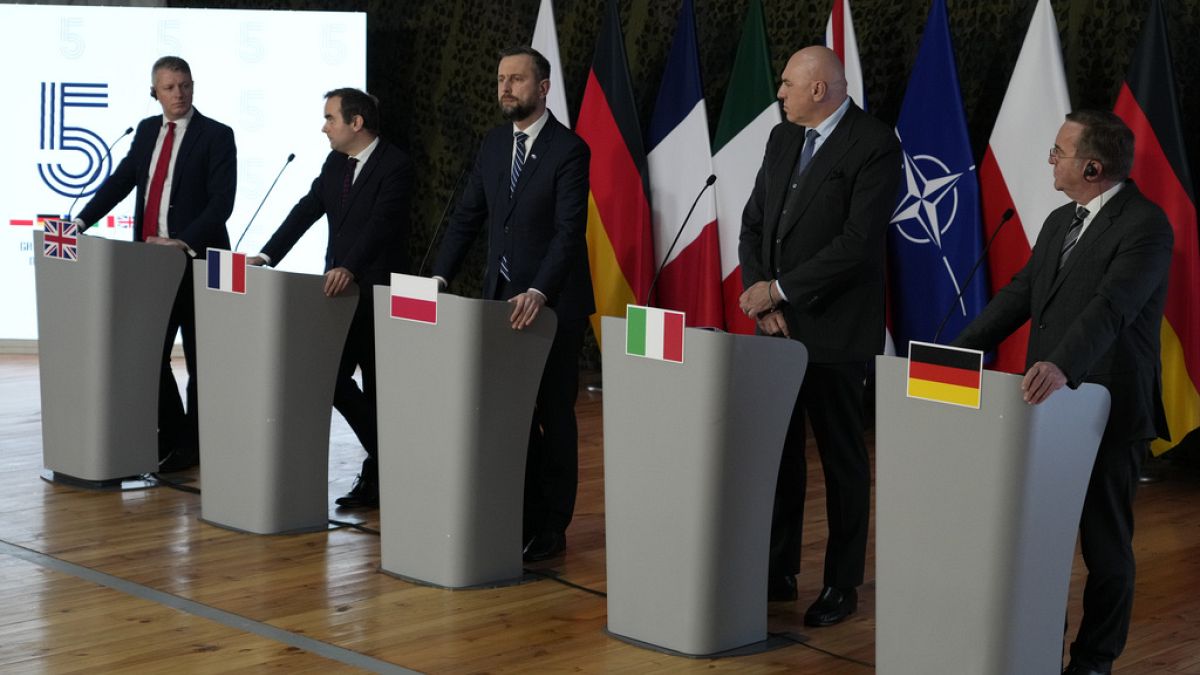Qatar open to mediation if Syrian rebels turn on each other
The wealthy Gulf Arab state is in touch with rebel groups on the ground in Syria.
DOHA, Qatar — If the rebel forces that overthrew Syria’s regime start fighting among themselves, this small but influential country may step in to mediate, a top official here indicated Tuesday.
“We never say no,” Qatar Ministry of Foreign Affairs spokesperson Majed Al-Ansari said in an interview in his office in Doha when asked about the possibility.
The toppling of dictator Bashar al-Assad last weekend has brought a wave of joy for the long suffering people of Syria. But there are fears, especially among neighboring states, that the factions that pushed out Assad in a lightning offensive could start battling each other for power, leading to new violence.
Al-Ansari confirmed that Qatari officials are already in contact with groups in Syria, though he declined to name which ones. “We are in touch with all the relevant parties on the ground,” he said. His comments come after Reuters reported Monday that Qatar is in touch with the leading rebel group, Hayat Tahrir al-Sham.
Qatar, an energy-rich Gulf Arab country, has a long history of acting as a go-between for feuding parties, including Israel and Hamas as they fight in Gaza. Serving as an intermediary in Syria could make Qatar an even more important partner for the United States, which often turns to it for help in dealing with adversaries.
During a Tuesday briefing with reporters, Al-Ansari declined to comment directly on President-elect Donald Trump’s stated aversion to U.S. involvement in Syria. He said, however, that Qatar is in touch with the Biden administration and the Trump transition team about the best approach to take to the war-torn country.
While Al-Ansari wouldn’t rule out a future mediation role if Syrian rebel groups turn on each other, he stressed that Qatar is urging the insurgent forces to cooperate for the sake of their country.
“It’s sovereignty, the unity, the integrity of the national institutions and the rights of all Syrians together, and the inclusivity — these are the messages we are sending to them right now, and we are getting very positive feedback,” Al-Ansari said in the interview.
One key question in U.S. circles is whether and how to lift sanctions on Syria now that Assad is out of power. American sanctions on Syria may make it harder to send U.S. aid or otherwise help rebuild the country.
Complicating the sanctions debate is HTS. The group is poised to play a key role in a future Syrian government, but it’s also designated as a terrorist group by Washington.
Al-Ansari wouldn’t directly say if the U.S. should lift its sanctions. He did, however, point out that American sanctions won’t necessarily bar other countries from sending assistance to Damascus.
“We hope that there is every openness possible to bring aid and support for the Syrian people,” he said. “On our end, nothing will stop us from getting aid into Syria.”
As rebels made their advances, Qatar on Saturday hosted a meeting of several countries — including fellow Arab states as well as Assad-backers Iran and Russia — to discuss Syria.
According to a news release from Qatar’s foreign ministry, the meeting participants stressed “that the continuation of the Syrian crisis constitutes a dangerous development for the safety of the country and regional and international security, which requires all parties to seek a political solution to the Syrian crisis.”
Al-Ansari said Tuesday that an array of similar meetings among various interested parties are likely to be held in the days ahead.
What's Your Reaction?






































 Bretagne Nord Sotheby's International Realty - Château Costaérès (1).jpg?#)














